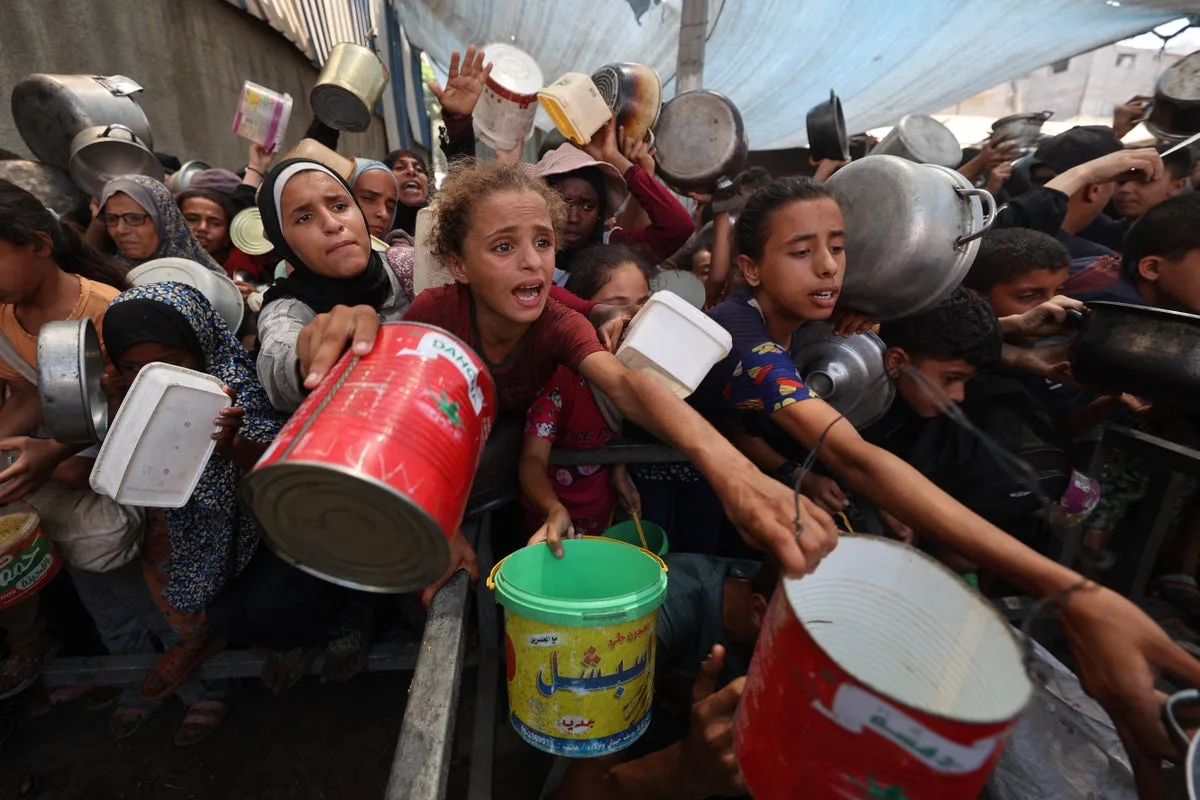By Diksha Modi,News18
Copyright news18

A fresh wave of H3N2 influenza infections has gripped Delhi-NCR, leaving a large number of residents struggling with prolonged cough, fever, body ache and persistent weakness. The viral outbreak, which doctors describe as a seasonal influenza strain, has also spread to several districts in Uttar Pradesh, particularly after the monsoon season.
A recent survey indicates that nearly 70% of households in Delhi-NCR currently have at least one member down with flu-like illness. Residents have reported that the infection is lingering for longer than usual, often accompanied by fatigue and respiratory distress.
What Is H3N2 Influenza?
Dr Sonia Rawat, Director of the Preventive Health and Wellness Department at Sir Gangaram Hospital, explained, that H3N2 is a type of influenza A virus, which becomes active every year when the weather changes. “This virus spreads rapidly due to waterlogging, humidity and fluctuations in temperature after monsoon. It spreads through air and can be transmitted by coughing, sneezing or contact with an infected person,” she said.
According to Dr Rawat, the strain poses heightened risks for young children, the elderly and those with pre-existing respiratory conditions. “At present, a large number of patients of this flu are coming to the hospital. This virus quickly attacks people with weak immunity. This infection can be serious in small children, elderly and people with asthma or respiratory problems. In such a situation, prevention from it is necessary,” she added.
H3N2 Influenza Symptoms
The clinical presentation of H3N2 is similar to seasonal flu but with more persistent symptoms. Typical signs include high fever, dry or phlegmy cough, sore throat, muscle and body pain, extreme tiredness, and in some cases, vomiting and diarrhoea. Severe complications such as pneumonia, bronchitis and difficulty in breathing have also been reported.
While most patients recover without major intervention, experts warn that recovery in H3N2 cases is often delayed, and hospitalisation has been required in certain instances. Those with asthma, diabetes or cardiac problems are advised to seek medical consultation promptly.
Children infected with the virus often suffer from high fever and extreme lethargy, while elderly patients remain at risk of pneumonia and other severe respiratory complications. Doctors caution that negligence can escalate the illness and increase the risk of transmission within families and communities.
H3N2 Influenza Prevention
On preventive measures, Dr Rawat emphasised annual vaccination, saying, “To protect against H3N2, one must get the flu vaccine every year. It helps in preventing the infection or reducing its severity. As soon as symptoms of this flu appear, isolate yourself, maintain distance from others and rest.” She further advised wearing masks in crowded places such as markets, metro stations and offices, and maintaining strict hand hygiene.
Health experts are also recommending a diet rich in immunity-boosting foods – green vegetables, protein-rich meals, curd, turmeric milk and warm water – to build resistance.



